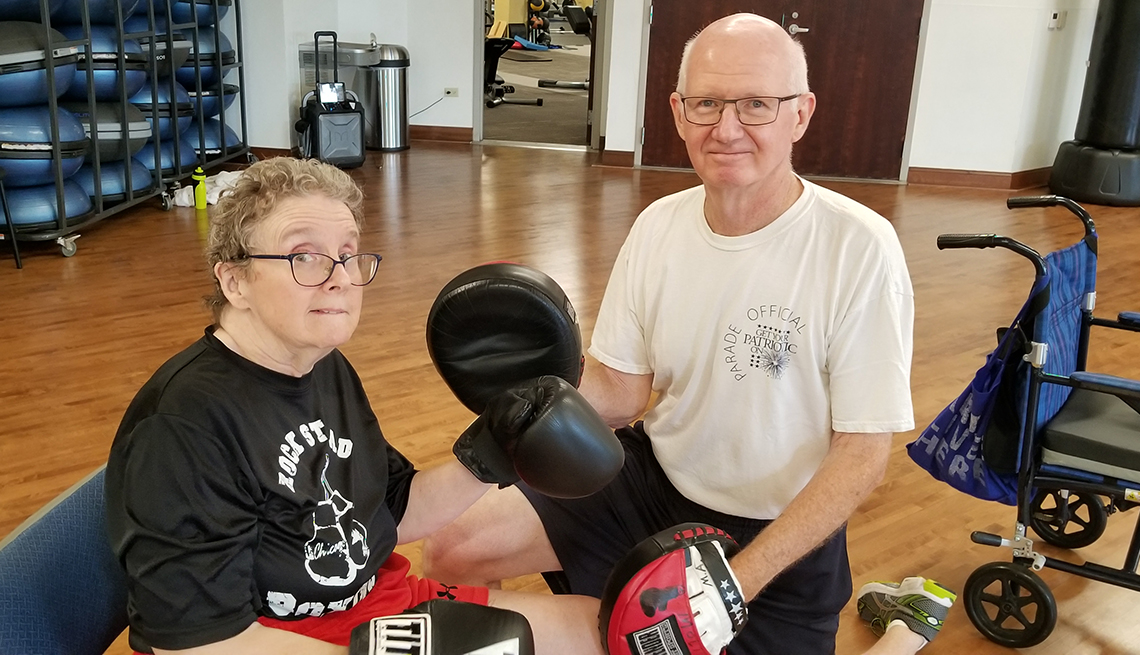
Preparing a person with parkinson’s for a hospital stay
- Select a language for the TTS:
- UK English Female
- UK English Male
- US English Female
- US English Male
- Australian Female
- Australian Male
- Language selected: (auto detect) - EN
Play all audios:

Okun and his colleagues continue their research on the topic and are dedicated to help solve this nationwide issue within hospital systems. "We now have some ground truths that we can
share,” he says, “and those ground truths went into making the Aware in Care hospitalization kit.” Since 2011, the Parkinson's Foundation has distributed more than 100,000 free kits
that include a Parkinson's disease ID bracelet, a medic alert card, medication forms to fill out and fact sheets with information on the disease for caregiving teams. The kit has
brought results. According to the Parkinson's Foundation, 80 percent of kit users felt comfortable educating hospital staff about their Parkinson's needs, and they were twice as
likely to receive their medications on time. A PRACTICAL TOOL Tom Manak, in Glen Ellyn, Illinois, keeps everything in his hospitalization kit, including medications in their original bottles
and cellphone numbers for doctors. He is the full-time caregiver for his wife, Ro, who was diagnosed with Parkinson's 30 years ago. "She's really what you'd call a
complex patient,” Manak says. She's had complications from deep-brain stimulation surgery that caused a hemorrhagic stroke. She's dealt with a major staph infection, is in a
wheelchair and has started to develop dementia. Manak blends her medicines into lemonade or iced tea that Ro gets every hour. He knows that if Ro has an unexpected hospital visit, her
specific medications are not in the typical pharmacy formulary. So he brings her doses with him when he can. "If a Parkinson's patient isn't getting their meds on time,
depending on the symptoms they're treating, their actions or ability to move may be limited,” he says. “So now, the nurse may be looking at them and think there's something else
wrong, or they're not recovering properly or anything else, so length of stay can go up. And the last place you want to be is in a hospital at a time you don't have to — even
before COVID-19." Manak says his career in nonclinical health care administration has given him a leg up in communicating with clinicians.
